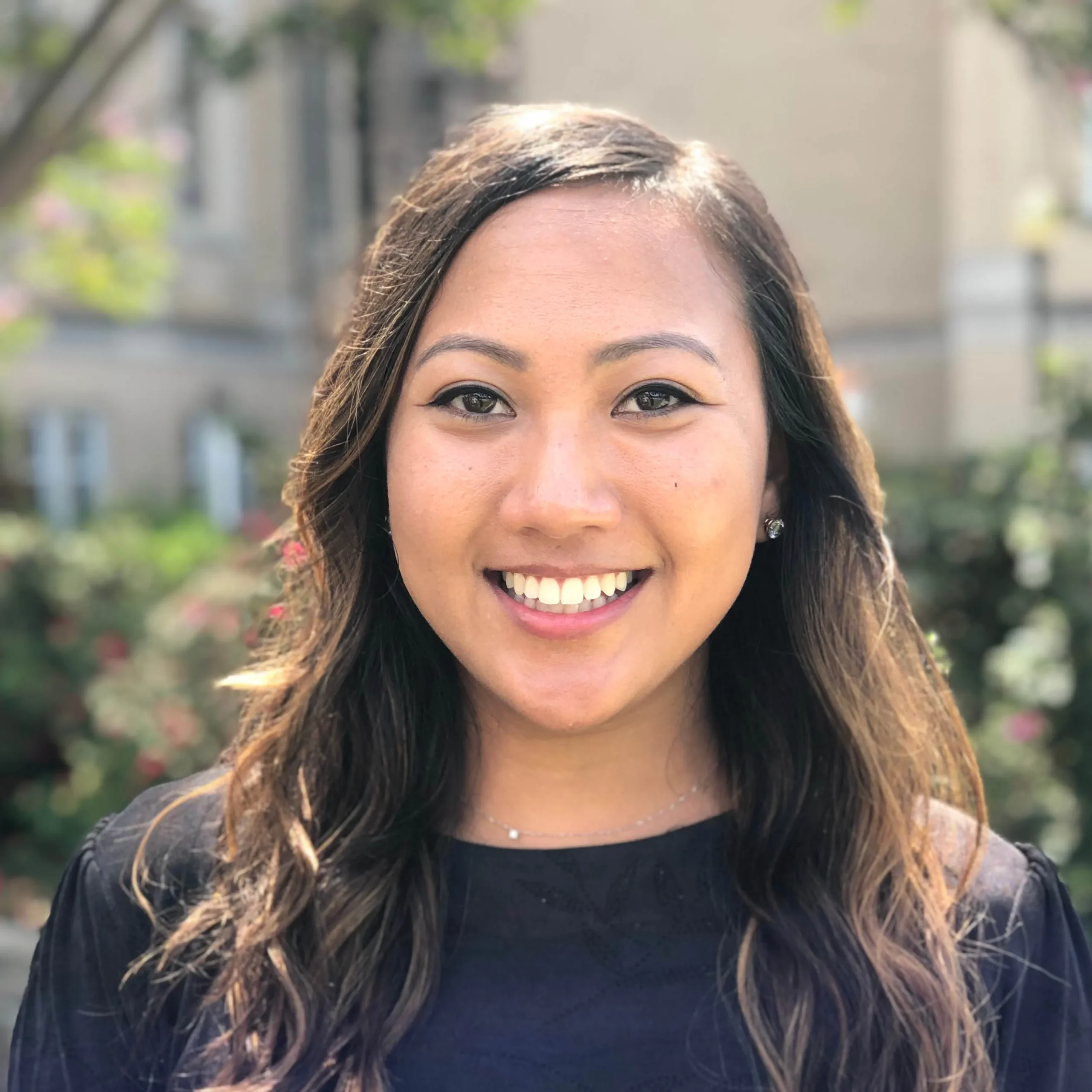
Kathy Do
Assistant Project Scientist, UC|CSU Collaborative for Neuroscience, Diversity, and Learning
Dr. Kathy Do is an Assistant Project Scientist with the California Institute for Law, Neuroscience, and Education, as well as the UC|CSU Collaborative for Neuroscience, Diversity, and Learning. She earned her B.A. in Psychology and Sociology at UCLA and Ph.D. in Psychology and Neuroscience at the University of North Carolina Chapel Hill, where she also completed a postdoctoral fellowship in Computational Cognitive Science. Dr. Do’s research aims to characterize the role of brain development, motivation, and social context in how adolescents learn, make decisions, and develop healthy behaviors and relationships. Ultimately, she seeks to translate knowledge of brain development to inform education and legal systems toward more equitable practices and policies that help adolescents develop into healthy, thriving adults.
Departments
Areas of Expertise and Advising Interests
- Advanced Qualitative Methods
- Community Engagement
- Human Development and Psychology
- Language, Literacy, and Learning
- Neuroscience and Disability Studies
Research Centers
Other Affiliations
Titles and Positions
-
Assistant Project Scientist, California Institute for Law, Neuroscience, and Education
-
Assistant Project Scientist, UC|CSU Collaborative for Neuroscience, Diversity and Learning
Education
-
Ph.D. in Developmental Psychology and Neuroscience, Concentration in Quantitative Psychology, University of North Carolina at Chapel Hill, 2021
-
B.A. in Psychology and Sociology, University of California, Los Angeles, 2013
Awards, Honors, and Fellowships
- 2024 NIMH Clinical Research Loan Repayment Program Award
- 2022 Hershel D. Thornburg Dissertation Award, Society for Research on Adolescence
- 2021 Scholar Award, International Philanthropic Education Organization
- 2020 NICHD T32 Predoctoral Fellow, Carolina Consortium in Human Development, University of North Carolina at Chapel Hill
- 2019 Graduate Student Mentor Award for Excellence in Mentoring Undergraduates, University of North Carolina at Chapel Hill
- 2017 Graduate Research Fellow, National Science Foundation
- 2017 Honorable Mention, Ford Foundation Predoctoral Fellowship
Select Publications
-
Do, K.T., van de Groep, S., Crone, E.A., & Tamnes, C.K. (2025). A developmental neuroscience perspective on youth contributions and challenges in a changing society. Developmental Cognitive Neuroscience, 73, 101558.
-
Do, K.T., Paolizzi, S.G., & Hallquist, M.N. (2024). How adolescents learn to build social bonds: A developmental computational account of social explore-exploit decision-making. Developmental Cognitive Neuroscience, 69, 101415.
-
Do, K.T., & Telzer, E.H. (2024). Longitudinal changes in the value and influence of parent and peer attitudes about externalizing behaviors across adolescence. Developmental Psychology, 60(8), 1500-1510.
-
Do, K.T., Prinstein, M.J., Lindquist, K.A., & Telzer, E.H. (2024). Neural tracking of perceived parent, but not peer, norms is associated with longitudinal changes in adolescent attitudes about externalizing behaviors. Journal of Cognitive Neuroscience, 36(6), 1221-1237.
-
Sharp, P.B., Do, K.T., Prinstein, M.J., Lindquist, K.A., & Telzer, E.H. (2022). Cognitive control deployment is flexibly modulated by social value in early adolescence. Developmental Science, 25(1), e13140, 1-8.
-
Do, K.T., Sharp, P.B., & Telzer, E.H. (2020). Modernizing conceptions of valuation and cognitive control deployment in adolescent risk taking. Current Directions in Psychological Science, 29(1), 102-109.
-
Uy, J.P., Goldenberg, D., Tashjian, S.M., Do, K.T., & Galván, A. (2019). Physical home environment is associated with prefrontal cortical thickness in adolescents. Developmental Science, 22(6), e12834.
-
Do, K.T., & Telzer, E.H. (2019). Corticostriatal connectivity is associated with the reduction of intergroup bias and greater impartial giving in youth. Developmental Cognitive Neuroscience, 37, 100628.
-
Telzer, E.H., van Hoorn, J., Rogers, C.R., & Do, K.T. (2018). Social influence on positive youth development: A developmental neuroscience perspective. In A.G. Ortiz (Ed.), Advances in Child Development and Behavior (pp. 215-258). Cambridge, UK: Elsevier.
-
Do, K.T., Guassi Moreira, J.F., & Telzer, E.H. (2017). But is helping you worth the risk? Defining prosocial risk taking in adolescence. Developmental Cognitive Neuroscience, 25, 260-271.